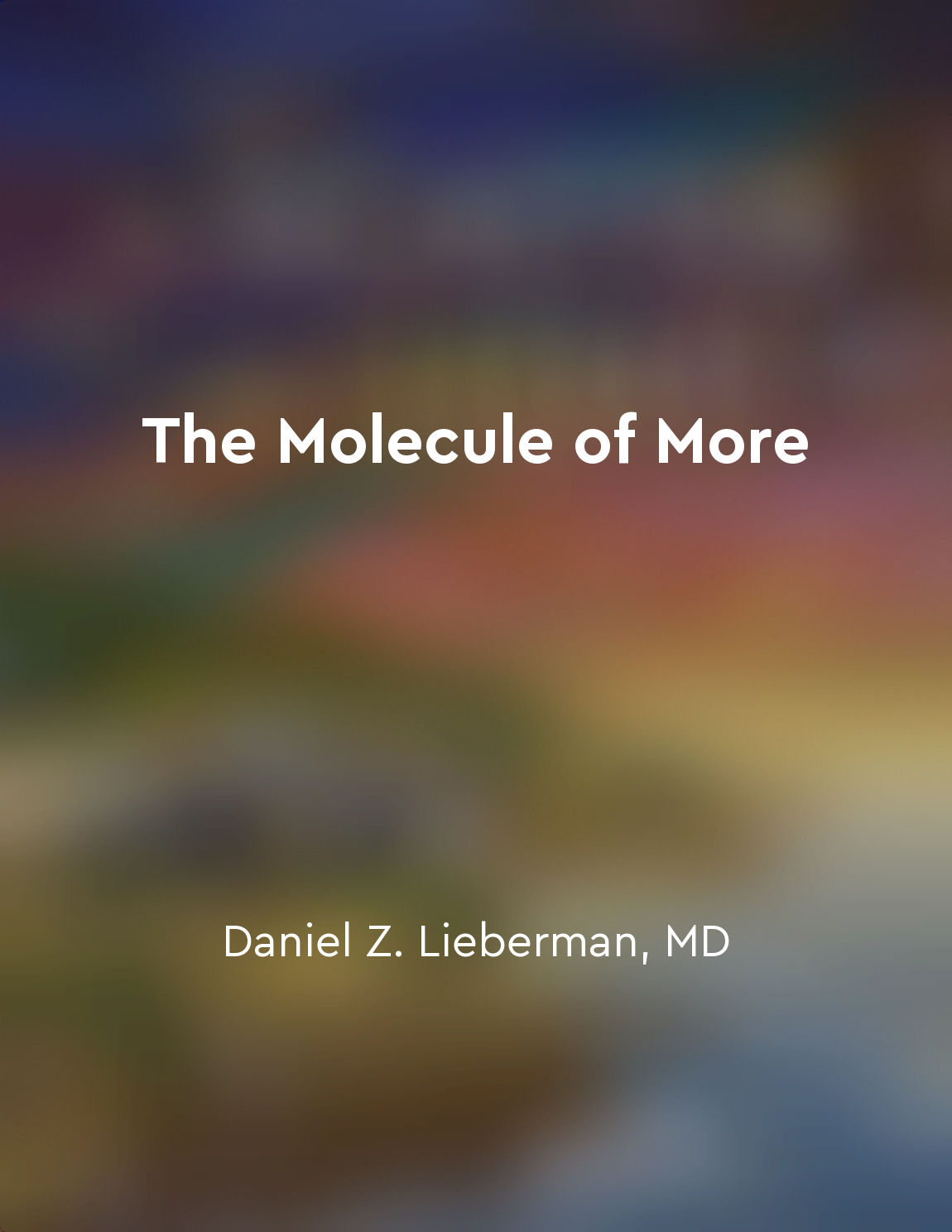Audio available in app
Seeking quick fixes fuels dopamine addiction from "summary" of Dopamine Nation by Dr. Anna Lembke
When we seek quick fixes to our problems, we are essentially looking for a shortcut to feeling better. This behavior is driven by our brain's desire for instant gratification, which is fueled by the release of dopamine. Dopamine is a neurotransmitter that plays a key role in our brain's reward system, and it is released in response to pleasurable activities such as eating, drinking, and sex. By seeking quick fixes, we are training our brains to rely on external sources of pleasure to feel good. This can lead to a cycle of addiction, as our brain becomes desensitized to dopamine and we need more and more of it to feel the same level of pleasure. This can result in a vicious cycle of seeking out more and more quick fixes, which in turn fuels our dopamine addiction. In today's fast-paced world, it is easy to fall into the trap of seeking quick fixes to our problems. Whether it's reaching for a sugary snack to boost our mood or turning to social media for a quick hit of validation, these behaviors can quickly become addictive. The more we rely on external sources of pleasure to feel good, the harder it becomes to break free from the cycle of addiction. To break free from this cycle, we need to retrain our brains to seek out more sustainable sources of pleasure. This means finding healthier ways to cope with stress and negative emotions, such as exercise, mindfulness, and engaging in meaningful activities. By taking the time to address the root causes of our problems, rather than seeking quick fixes, we can break free from the cycle of addiction and lead a more fulfilling life.Similar Posts
Surrounding yourself with supportive individuals can enhance your focus efforts
When we surround ourselves with people who support us, our focus efforts can be significantly enhanced. These individuals can p...
Live authentically and intentionally
Living authentically and intentionally means being true to yourself and making conscious choices that align with your values an...
Simple actions can trigger happy brain chemicals
Simple actions can trigger happy brain chemicals. When you feel good, it's because your happy chemicals are flowing. They evolv...
Understand the impact of dopamine on your brain
Dopamine is a crucial neurotransmitter that plays a significant role in how our brain functions. It is often referred to as the...

Dopamine plays a crucial role
Dopamine plays a crucial role in the brain's reward system. It is a neurotransmitter that motivates us to seek out rewards and ...
Recovery from addiction is possible with dedication and perseverance
Recovery from addiction demands more than just a fleeting desire to change. It requires unwavering dedication and relentless pe...

Dopamine influences our motivation and drive
Dopamine is the neurotransmitter that fuels our motivation and drive. It is the chemical messenger that tells our brains to see...

Our brains are wired for seeking pleasure and avoiding pain
Our brains are designed to constantly seek out pleasure and avoid pain. This fundamental wiring is deeply ingrained in our neur...
